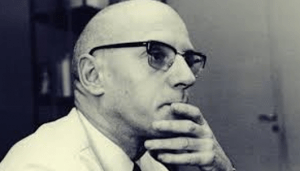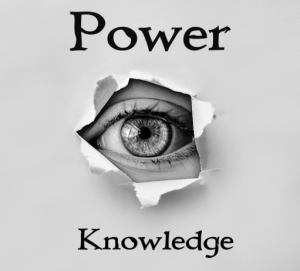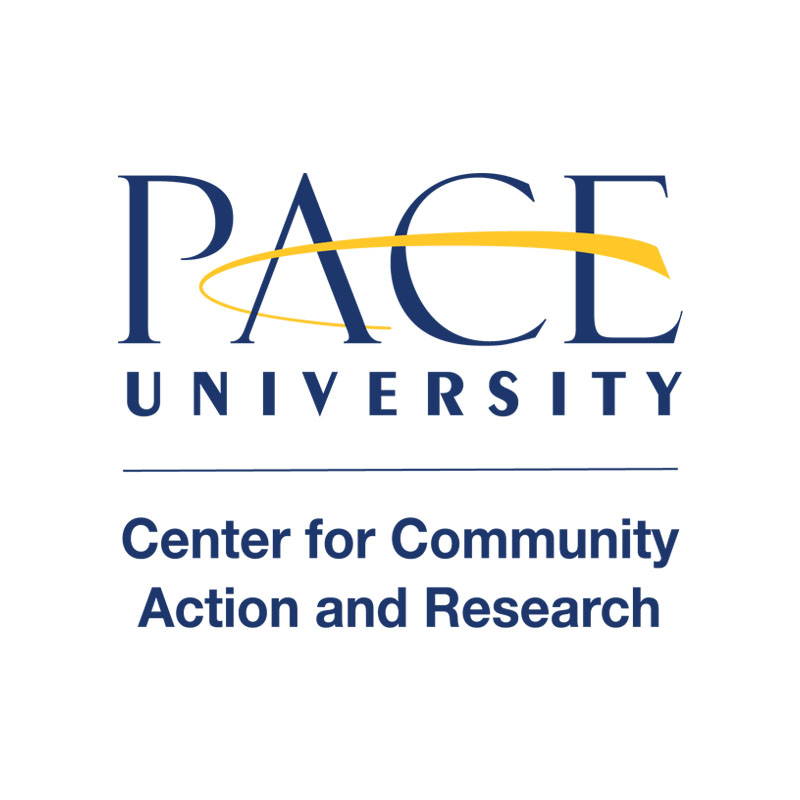Beautiful Trouble: “Intellectuals and Power” by Zack Malitz
In February Pace NYC will be hosting the Debating for Democracy Conference, an annual event organized through the CCAR’s partnership with Project Pericles. This year we will be welcoming artist-activist trainers from Beautiful Trouble – a book and website “whose mission is to make grassroots movements more creative and more effective.” Every few weeks until the event CCAR staff members will be highlighting a case study from the book that they found particularly motivating. Today Laurianne Gutierrez, Student Outreach Coordinator in NYC, shares her thoughts on Intellectuals and Power.
There is an inextricable relationship between knowledge and power. As Zack Malitz discusses in the piece “Intellectuals and Power,” knowledge, or lack thereof, reinforces the dichotomy of the oppressed and the oppressor. Citing the infamous theories of French historian, social theorist, and philosopher Michel Foucault, Malitz highlights the rather malicious, yet discreet, system in which the sustained oppression of marginalized populations enables people in positions of power to stay in power.
Power often operates invisibly. That is, it can be easy for the majority of society to succumb to the power structure that they were born into, as opposed to question it. The imbalances of power that largely characterize our society are typically not overt – power is not concentrated within just one individual, but rather, benefits an elite group of people that encompass just a small percentage of people in society as a whole.
It is important to recognize that intellectuals – an all-encompassing term that includes engineers who work for big tech companies, doctors, and lawyers alike – are also agents of power themselves. Thus, once intellectuals come to terms with their power, they can use it to resist systems that are designed to keep people oppressed.
The ubiquitous saying “knowledge is power” is perhaps the fundamental message of this piece, which prompted me to think about how there exist egregious disparities in access to resources that enable people to develop their knowledge is. Malitz writes, “People can only resist what they can see, however, so power is most effective when it remains invisible. People perceive power dynamics as immutable facts of life rather than as a historical situation that could be renegotiated. For this reason, intellectuals, engaged in the production of knowledge, particularly social scientific knowledge, are inextricably linked to the operation of power – but also, potentially, to its resistance” (240). Knowledge is quite a force to be reckoned with. Not only can the attainment of knowledge be liberating, but expanding one’s knowledge can also open doors to countless opportunities.
Education is an incredible resource that is, unfortunately, not universally accessible. In many cases, this resource is the prerequisite for upward social mobility, but even in this modern world, many people do not have this opportunity. Education has the potential to improve people’s lives. Denying people access to the knowledge that education affords ensures that few succeed and that the people at the “top” of the social hierarchy remain there. As Malitz points out, people who have the privilege to accrue knowledge must “amplify the voices of people struggling against oppression” (240). Thus, it is not enough for people to be cognizant of the privilege of an education. Since this privilege is absent from many people, it is all the more important that their voices be amplified. In this way, perhaps we can transform our society into one that not only recognizes the transformative power of knowledge, but one that also upholds principles of justice and equity.







